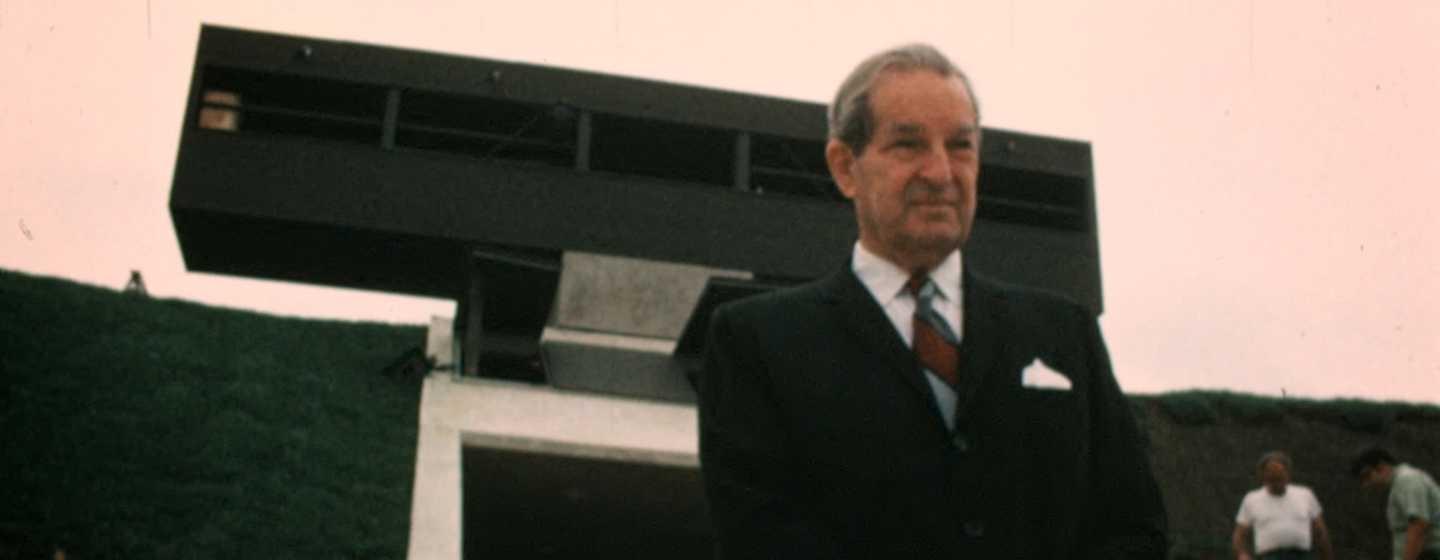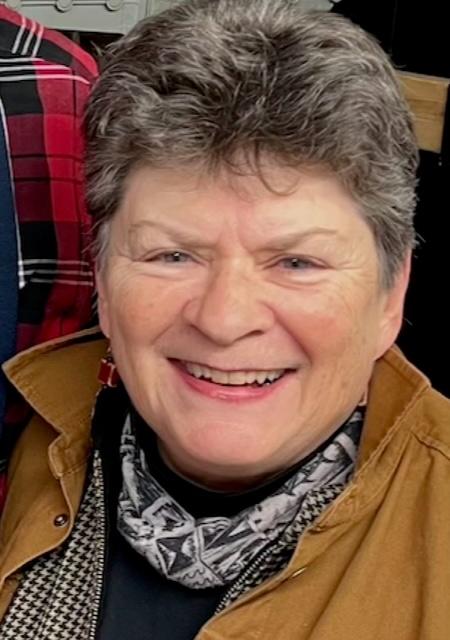The Life and Legacy of Paul Green


Adapted from the new anthology of essays from Blair Publisher, Paul Green: North Carolina Writers on the Legacy of the State’s Most Celebrated Playwright, edited by Georgann Eubanks and Margaret D. Bauer.
The Pulitzer Prize-winning playwright Paul Green (1894-1981) spent his eighty-seven years bearing witness to the habits and beliefs of rural folk in his native Harnett County, North Carolina. From childhood forward, Green memorized the scenes, stories and language of his neighbors living in an agricultural county on the fall line between the piedmont and the coastal plain. Green’s people were cotton and tobacco farmers—sharecroppers and tenants, Black, white, and Native American—all driven by the seasonal rituals of groundbreaking, planting, cropping, and going to market. A new documentary by filmmaker Hannah Bowman tells of Green’s lifelong advocacy through his writing for the arts, human rights, racial equity, prison reform, and ending the death penalty.
Early on, with his mother’s encouragement, Green developed a vigorous appetite for classical literature. He could quote the Bible on most any subject. He began writing poems as a schoolboy and was tapped to serve as the teacher and principal of a grade school even before entering college. He was also athletic. He saved the funds he needed for college by playing semi-professional baseball. (He was an ambidextrous pitcher.)
Green enrolled at UNC in 1916 bearing dark memories of the abuse and violence of his kinsmen toward their African American neighbors. He’d also witnessed the marginalization of the Coharie and Lumbee Indians in his section of the state. Schools in several counties around Green were segregated into three groups—White, Black, and Indian. Green would use his considerable gifts to bring these stories to the stage in his earliest student plays at UNC.
After his death-defying service in the trenches of Belgium and France in World War I, Green completed his degree and launched a teaching career at UNC. He also returned to writing novels, stories and more plays, first for Broadway, then screenplays for Hollywood, and finally inventing his own genre, the outdoor symphonic drama.
Green understood the importance of place in shaping community identity, which was the genius behind a new work he conceived in 1936. He had already immersed himself in the pageantry of opera and attended European folk plays during his Guggenheim Fellowships in Germany and England in 1928 and 1929. These experiences led to his first, outdoor symphonic drama, The Lost Colony.
In 1937, a month after the play’s July 4th premiere, President Franklin and First Lady Eleanor Roosevelt attended a performance at Fort Raleigh on Roanoke Island, to great national fanfare. To this day, amateur and professional actors come together annually to stage performances throughout the summer at the site of the 1587 English settlement on the Outer Banks. Here the first English child born in what is now North Carolina mysteriously disappeared along with her mother and a group of settlers and their Indigenous neighbors. Green recognized immediately that the power of his play would be amplified by its presentation on the same shifting sands where his characters—Native American and British—first met and struggled together to survive.
Born and raised in Atlanta, Georgann Eubanks graduated from Duke University in public policy studies and has published poetry, fiction, and nonfiction over the years. She was director of the Duke Writers Workshop for 20 years, and then launched the Table Rock Writers Workshop, still held each fall in the Blue Ridge Mountains.
With video producer and photographer Donna Campbell, she has helped create a variety of long-form documentary films for PBS North Carolina and other organizations through Minnow Media, LLC.
Georgann is a popular speaker on North Carolina history and literature. Over the years she has served as president of statewide organizations including the North Carolina Literary and Historical Association, Arts North Carolina, and Humanities North Carolina. She is also on the board of the North Caroliniana Society.
Georgann divides her time between Carrboro in the North Carolina Piedmont and Little Switzerland, a village on the Blue Ridge Parkway. She serves part time as the literary executor and executive director of the Paul Green Foundation.

Discover the life and work of Pulitzer Prize-winning NC playwright Paul Green.
STREAM ANYTIME, ANYWHERE
